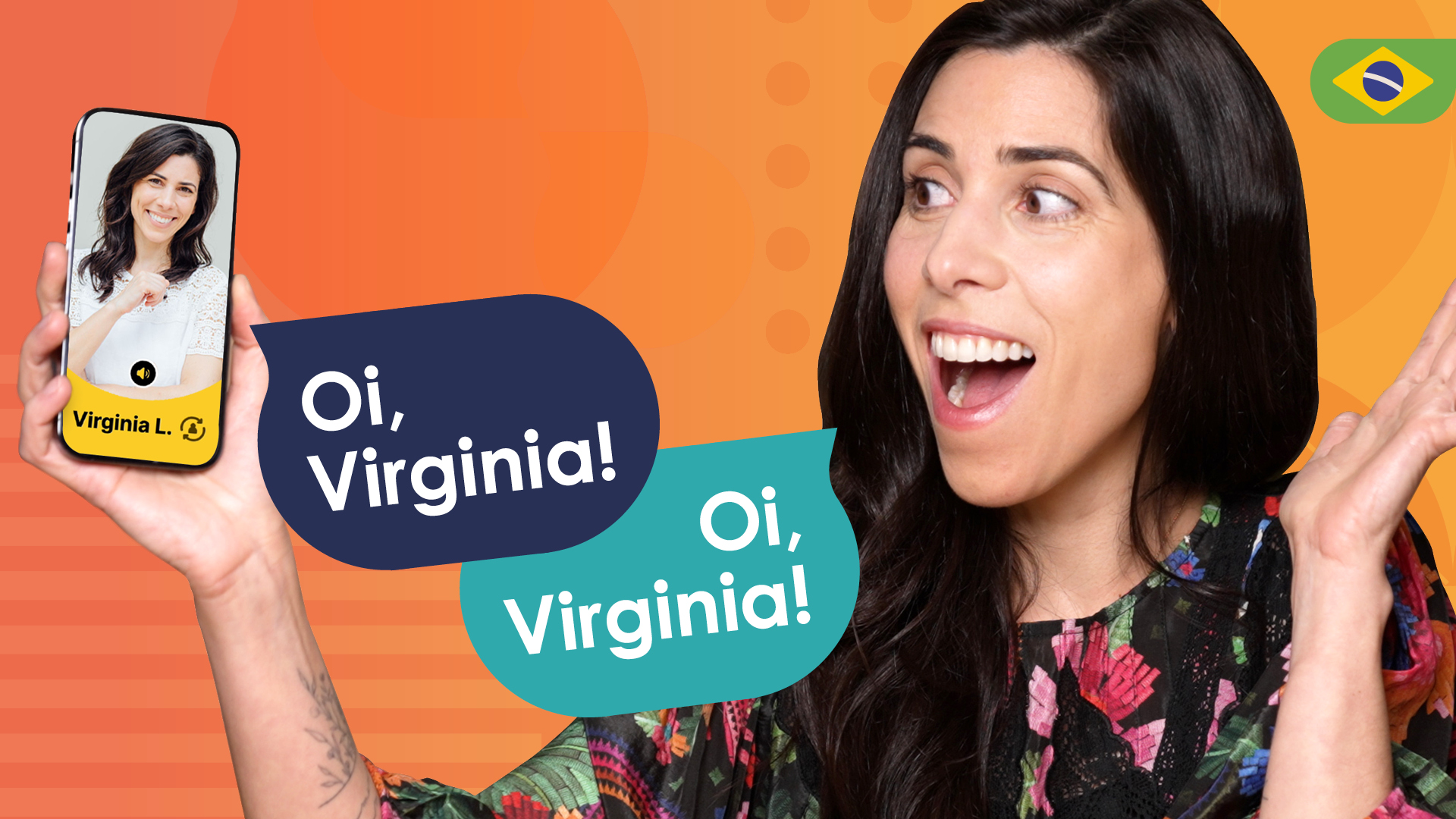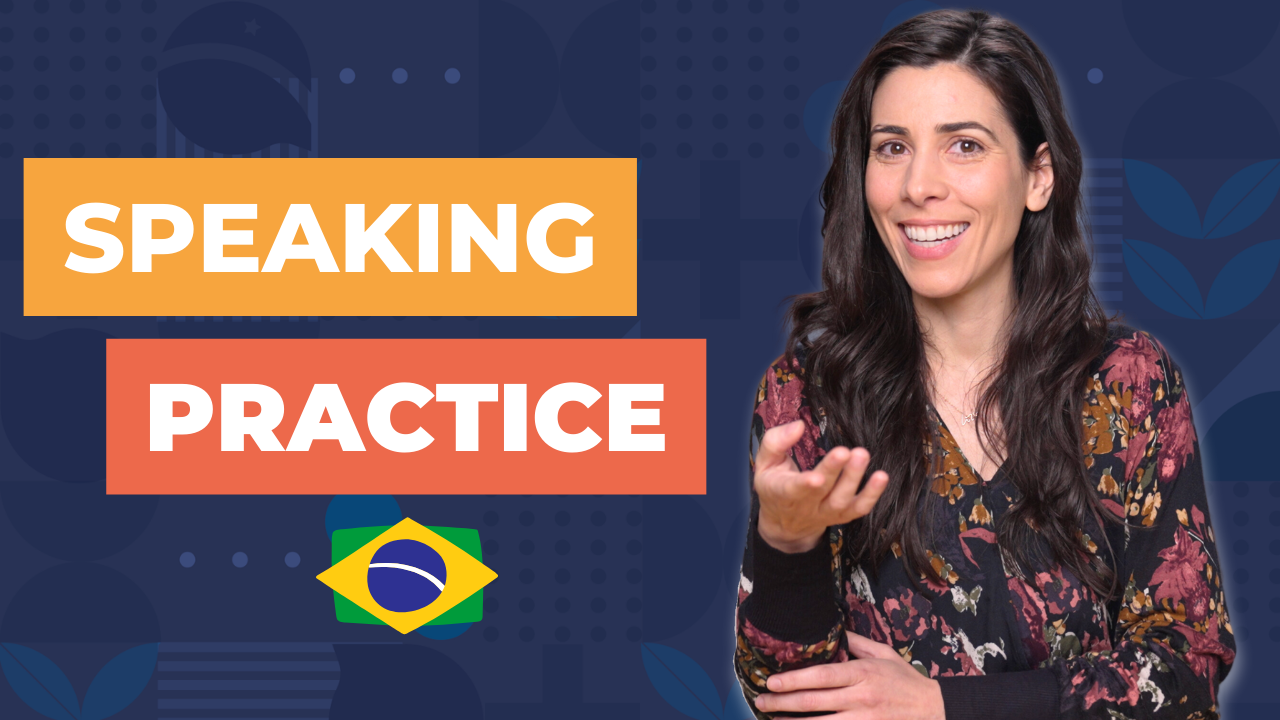Olá, queridos alunos!
In today’s lesson, we are going to explore how age influences language learning.
As many of you know, I’m currently pursuing a master’s degree in applied linguistics at Teachers College – Columbia University.
One of the topics we covered early this semester was how age influences language learning. I received many messages from students interested in this topic, so I decided to share with you some things I learned this semester.
To prepare this video, I relied on this book by Rod Ellis, Understanding Second Language Acquisition, and an article by Marinova-Todd et al. You’ll find the references at the end of the page.
To develop this topic, I will address three questions:
1. Can adults achieve native-like proficiency in a second language?
2. Do children learn a second language more easily and quickly than adults?
3. Can an adult learn a second language as children do?
Let’s start with the first question:
Can adults achieve native-like proficiency in a second language?
To talk about this, it is important to mention the Critical Period Hypothesis introduced by Penfield and Roberts in 1959.
The hypothesis suggests that there is a period or window of time, usually until the onset of puberty (until the age of 12 or 13), in which learners can acquire a second language easily and naturally and achieve competence comparable to that of a native speaker.
According to this hypothesis, after the critical period, achieving a high level of proficiency in a language becomes very difficult, almost unreachable.
Other theorists prefer to use the term “sensitive period,” which suggests that, despite a reduction in language learning ability with age, it is still possible to achieve significant proficiency after this phase.
Obviously, the idea of a critical (or sensitive) period to learn a second language is quite controversial. Some studies support this hypothesis, while others present contrary arguments and question its validity.
Indeed, we cannot ignore the evidence that older learners, on average, achieve lower proficiency levels than younger learners.
However, according to Marinova-Todd et al., this evidence is not sufficient to conclude that there is a critical period for second language acquisition.
Research on how age affects language learning shows that the differences we see between ages have more to do with the conditions in which learning occurs than with the ability to learn a new language. In other words, adults can definitely achieve native-like proficiency in a language, provided they have the right conditions for it.
It is important to emphasize that, while relevant, age is not the most crucial factor in the success of acquiring a second language. Factors such as the learning environment, motivation, and exposure to the language play a significant role. Additionally, social and psychological aspects also profoundly affect our ability to learn a new language.
Let’s move on to the second question:
Do children learn a second language more easily and quickly than adults?
The short answer is no. Many people think that children learn new languages more quickly and easily than adults. I used to believe this in the past, but it is a myth. Research actually shows the opposite.
To better understand how children and adults learn languages, we need to understand the differences between explicit and implicit learning.
Explicit learning is conscious and intentional. Students learn grammatical rules and vocabulary in a structured way, usually in classrooms or with textbooks. On the other hand, implicit learning is unconscious and does not involve formal study. Generally, students absorb the language through exposure and use, often without even realizing they are learning.
According to Ellis, explicit learning leads to quick results, while implicit learning takes longer to show results but is more effective in the long run.
In general, adults benefit from explicit learning, while children learn more effectively in an implicit manner. Research indicates that, in the same period, adult learners tend to learn more quickly and efficiently than children. This happens because adults have more developed cognitive abilities, and this helps us use explicit and organized learning strategies.
Children, on the other hand, benefit more from implicit learning, which requires more time and extensive exposure to the language. According to Ellis, over time and with a lot of contact with the language, children may eventually outperform adults, as implicit learning tends to generate better results in the long run. Additionally, children generally acquire pronunciation more easily. Perhaps that’s why there is this misconception that children learn languages better than adults. Although this may be true in some circumstances, it is not always the case, it’s not quick, and it’s not easy.
Let’s then move on to the third question:
Can an adult learn a second language as children do?
I have heard many students say that they would like to learn Portuguese as naturally as children learn languages. Perhaps this is possible to some extent, but… how much time do you have?
Learning a language in a completely natural way would be wonderful, but finding the time and perfect conditions for that is very difficult.
The biggest challenge in learning a second language in a completely implicit way as children do is that it takes a long time. However, research indicates that implicit knowledge is crucial for achieving fluency in the language. So, what is the solution?
Based on my experience as a teacher and language learner, I recommend a mixed approach, combining explicit and implicit learning.
To develop your explicit knowledge, I recommend that you watch educational videos on YouTube, take Portuguese courses with a professional educator, and study using textbooks.
To develop your implicit knowledge, I recommend that you consume as much authentic content as possible, not just on my YouTube channel, but also look for other channels created by Brazilians for Brazilians. Listen to podcasts, read articles and books, watch Brazilian series and movies. All this will help develop your implicit knowledge. In addition to a lot of input (listening and reading), it is also important to find opportunities for output (writing and speaking). Interaction with other Portuguese speakers is also crucial for developing your fluency in the language.
If you need help with all this, I am here to help!
At the Speaking Brazilian school, you will have the opportunity to learn with Brazilian teachers and interact with many other Portuguese learners like you.
Check out information about our courses on this page.
Obviously, there are many other aspects related to age and language acquisition that I did not mention in this video. If you want to learn more about this subject, take a look at the references below.
Ellis, R. (2015). Understanding second language acquisition (Second edition.). Oxford University Press.
Marinova-Todd, S. H., Marshall, D. B., & Snow, C. E. (2000). Three Misconceptions about Age and L2 Learning. TESOL Quarterly, 34(1), 9–34. https://doi.org/10.2307/3588095
Até a próxima!
Virginia Langhammer & Speaking Brazilian Team


